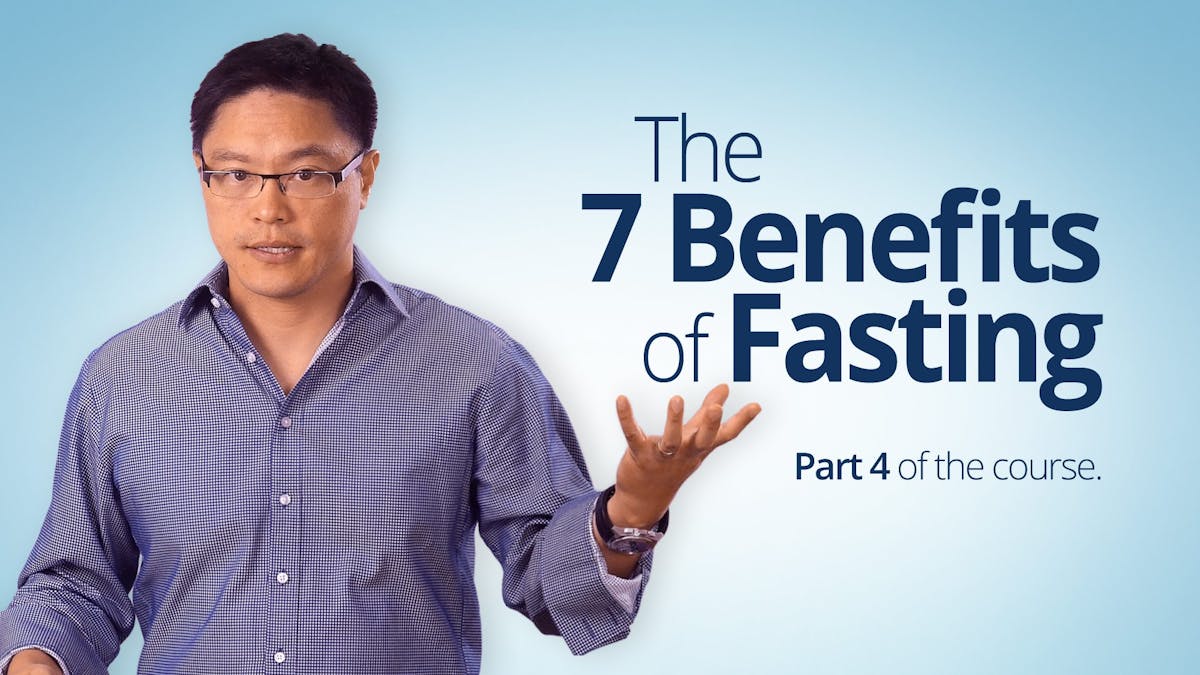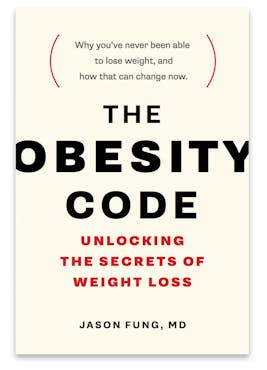More practical tips for fasting
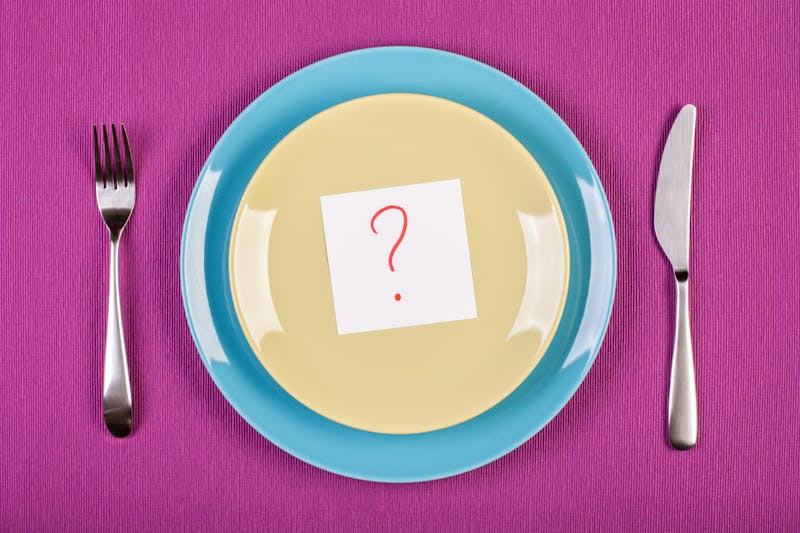
This is a continuation of practical tips for fasting. Let’s start with some common questions.
Will fasting make me tired?
In our experience at the Intensive Dietary Management Clinic, the opposite is true. Many people find that they have more energy during a fast—probably due to increased adrenalin. Basal metabolism does not fall during fasting but rises instead. You’ll find you can perform all the normal activities of daily living. Persistent fatigue is not a normal part of fasting. If you experience excessive fatigue, you should stop fasting immediately and seek medical advice.
Will fasting make me confused or forgetful?



I get dizzy when I fast. What can I do?
Most likely, you’re becoming dehydrated. Preventing this requires both salt and water. Be sure to drink plenty of fluids. However, the low-salt intake on fasting days may cause some dizziness. Extra sea salt in broth or mineral water often helps alleviate the dizziness.
Another possibility is that your blood pressure is too low—particularly if you’re taking medications for hypertension. Speak to your physician about adjusting your medications.
I get headaches when I fast. What can I do?
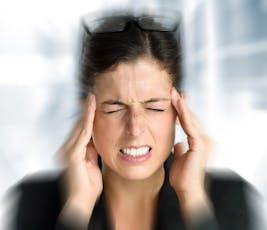


My stomach is always growling. What can I do?
Try drinking some mineral water.
Since I’ve started fasting, I experience constipation. What can I do?
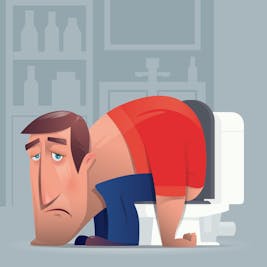


I get heartburn. What can I do?
Avoid taking large meals. You may find you have a tendency to overeat once you finish a fast, but try to just eat normally. Breaking a fast is best done slowly. Avoid lying down immediately after a meal and try to stay in an upright position for at least one-half hour after meals. Placing wooden blocks under the head of your bed to raise it may help with night-time symptoms. If none of these options work for you, consult your physician.
I take medications with food. What can I do during fasting?
There are certain medications that may cause problems on an empty stomach. Aspirin can cause stomach upset or even ulcers. Iron supplements may cause nausea and vomiting. Metformin, used for diabetes, may cause nausea or diarrhea. Please discuss whether or not these medications need to be continued with your physician. Also, you can try taking your medications with a small serving of leafy greens.
Blood pressure can sometimes become low during a fast. If you take blood-pressure medications, you may find your blood pressure becomes too low, which can cause light-headedness. And, of course, if you take medications that lower your blood sugar, you have to be extra careful and work with your physician before starting a fasting routine.
Always consult with your physician about adjusting your medications.
I get muscle cramps. What can I do?
Low magnesium levels, particularly common in people with diabetes, may cause muscle cramps. You may take an over-the-counter magnesium supplement. You may also soak in Epsom salts, which are magnesium salts. Add a cup to a warm bath and soak in it for half and hour. The magnesium will absorb through your skin.
What if I have diabetes?
Special care must be taken if you have diabetes or are taking diabetes medications. (Certain diabetes medications, such as metformin, are used for other conditions such as polycystic ovarian syndrome.) Monitor your blood sugars closely and adjust your medications accordingly. Close medical follow-up by your physician is mandatory. If you cannot be followed closely, do not fast.
Fasting reduces blood sugars. If you are taking diabetes medications, or especially insulin, your blood sugars may become extremely low, which can be a life-threatening situation. You must take some sugar or juice to bring your sugars back to normal, even if it means you must stop your fast for that day. Close monitoring of your blood sugars is mandatory.
Low blood sugar is expected during fasting, so your dose of diabetes medication or insulin may need to be reduced. If you have repeated low blood sugars it means that you are over-medicated, not that the fasting process is not working. In the Intensive Dietary Management Program, we often reduce medications before starting a fast in anticipation of lower blood sugars. Since the blood sugar response is unpredictable, close monitoring with a physician is essential.
Monitoring
Close monitoring is essential for all patients, but especially, for people with diabetes. You should also monitor your blood pressure regularly, preferably weekly. Be sure to discuss routine blood work, including electrolyte measurement, with your physician. Should you feel unwell for any reason, stop your fast immediately and seek medical advice. In addition, people with diabetes should monitor their blood sugars a minimum of twice daily and record it.
In particular, persistent nausea, vomiting, dizziness, fatigue, high or low blood sugars, or lethargy are not normal with intermittent or continuous fasting. Hunger and constipation are normal symptoms and can be managed.
Top 8 intermittent fasting tips
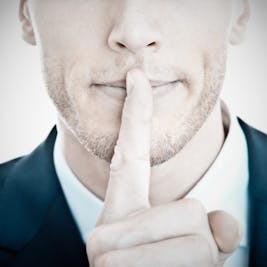


- Drink water: Start each morning with a full eight-ounce glass of water.
- Stay busy: It’ll keep your mind off food. It often helps to choose a busy day at work for a fast day.
- Drink coffee: Coffee is a mild appetite suppressant. Green tea, black tea, and bone broth may also help.
- Ride the waves: Hunger comes in waves; it is not continuous. When it hits, slowly drink a glass of water or a hot cup of coffee. Often by the time you’ve finished, your hunger will have passed.
- Don’t tell anybody you are fasting— except your doctor: Most people will try to discourage you, as they do not understand the benefits. A close-knit support group is often beneficial, but telling everybody you know is not a good idea.
- Give yourself one month: It takes time for your body to get used to fasting. The first few times you fast may be difficult, so be prepared. Don’t be discouraged. It will get easier.
- Follow a nutritious diet on non-fast days: Intermittent fasting is not an excuse to eat whatever you like. During non-fasting days, stick to a nutritious diet low in sugars and refined carbohydrates.
- Don’t’ binge: After fasting, pretend it never happened. Eat normally, as if you had never fasted.
The last and most important tip is to fit fasting into your own life! Do not limit yourself socially because you’re fasting. Arrange your fasting schedule so that it fits in with your lifestyle. There will be times during which it’s impossible to fast: vacation, holidays, weddings. Do not try to force fasting into these celebrations. These occasions are times to relax and enjoy. Afterwards, however, you can simply increase your fasting to compensate. Or just resume your regular fasting schedule. Adjust your fasting schedule to what makes sense for your lifestyle.
What to expect
The amount of weight lost varies tremendously from person to person. The longer that you have struggled with obesity, the more difficult you may find it to lose weight. Certain medications may make it hard to lose weight. You must simply persist and be patient.
You’ll probably eventually experience a weight-loss plateau. Changing either your fasting or dietary regimen, or both, may help. Changing the fasting protocol is often what’s required to break through a plateau.
Fasting is no different than any other skill in life. Practice and support are essential to performing it well. Although it has been a part of human culture forever, many people in North America have never fasted in their lives. Therefore, fasting has been feared and rejected by mainstream nutritional authorities as difficult and dangerous. The truth, in fact, is radically different.
—
Jason Fung
More
Do you want to know much more about intermittent fasting? Check out our full guide:
Intermittent fasting for beginners
Top videos about fasting
- MEMBERS ONLY
![The top 5 myths of fasting]()
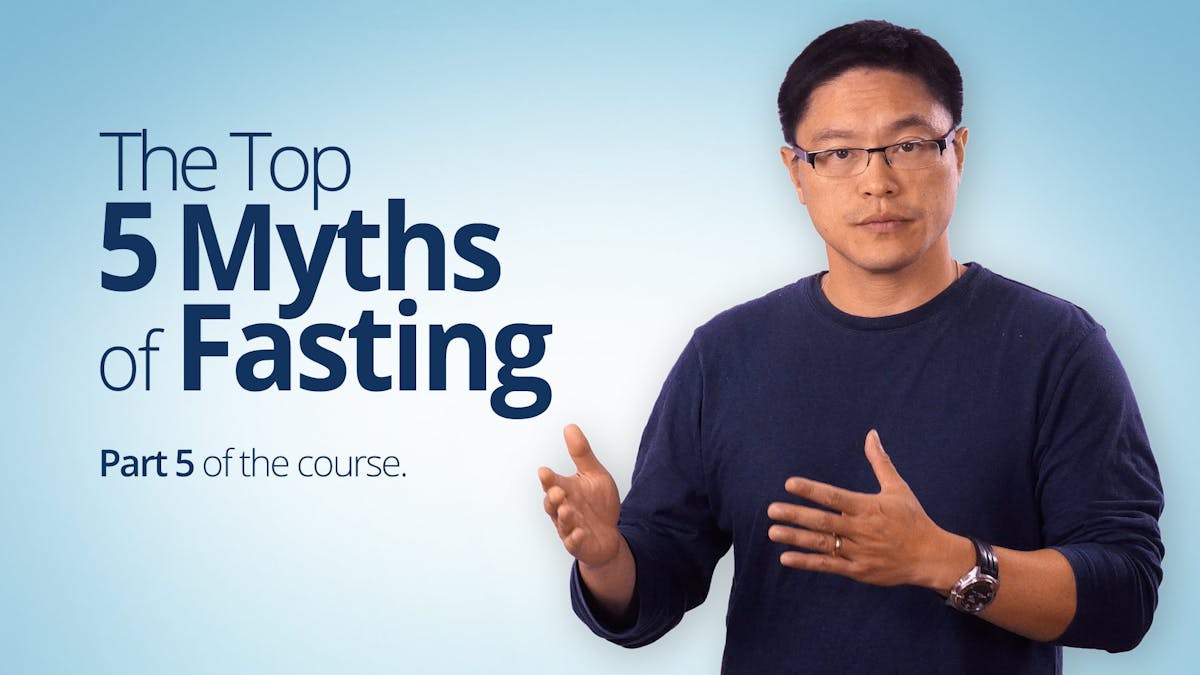
- MEMBERS ONLY
![The 2 big lies of type 2 diabetes]()
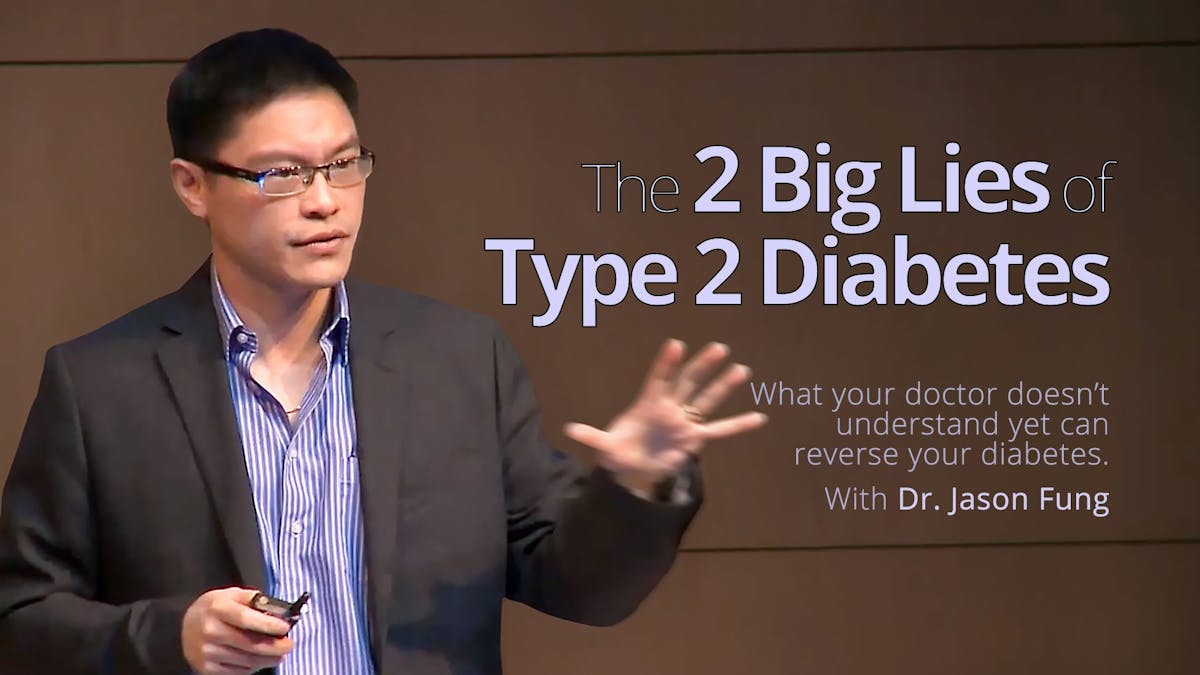
- MEMBERS ONLY
![The cause of obesity]()
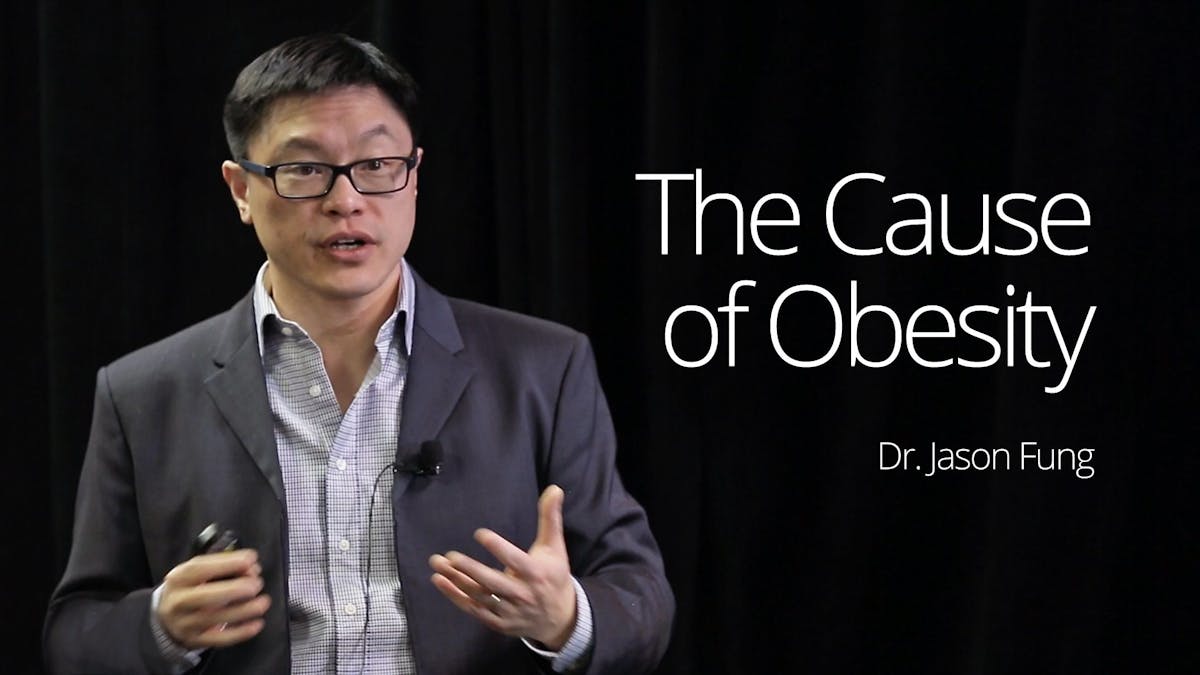
Earlier with Dr. Jason Fung
The Common Currency in Our Bodies Is Not Calories – Guess What It Is?
Why the First Law of Thermodynamics Is Utterly Irrelevant
How to Fix Your Broken Metabolism by Doing the Exact Opposite
More with Dr. Fung
His book The Obesity Code is available on Amazon.
